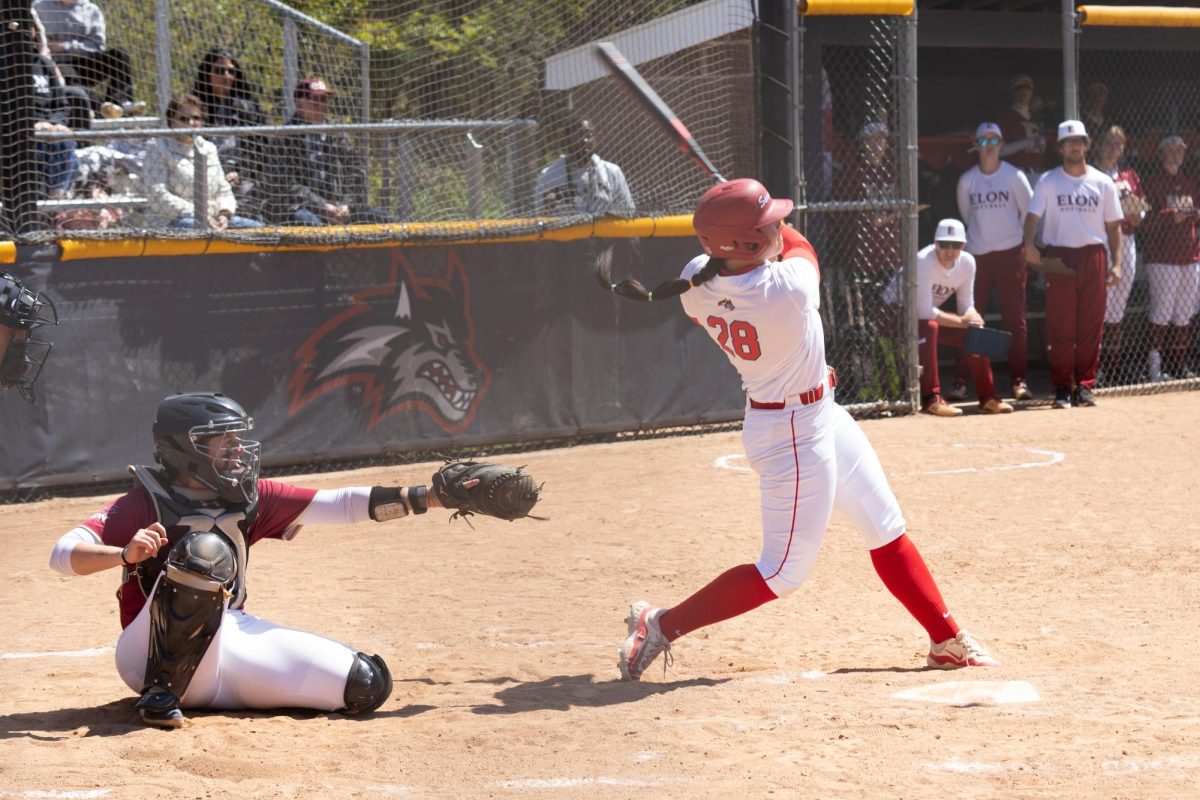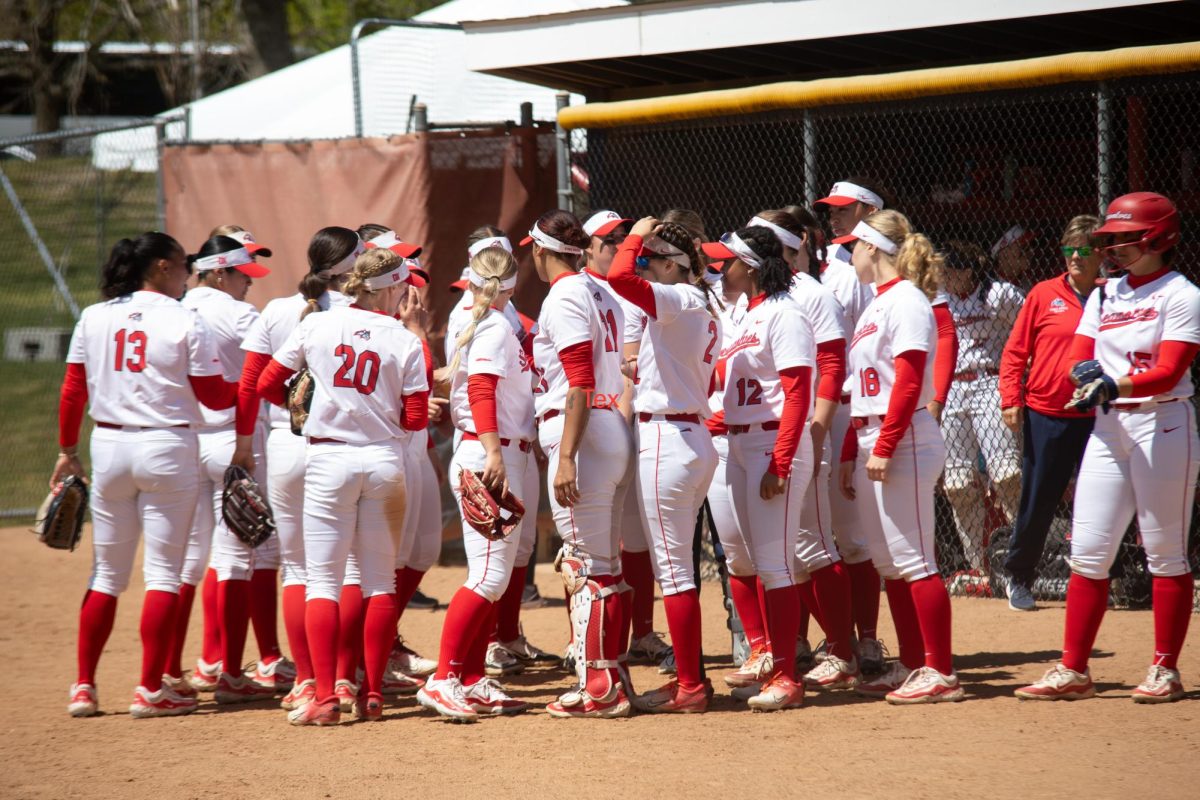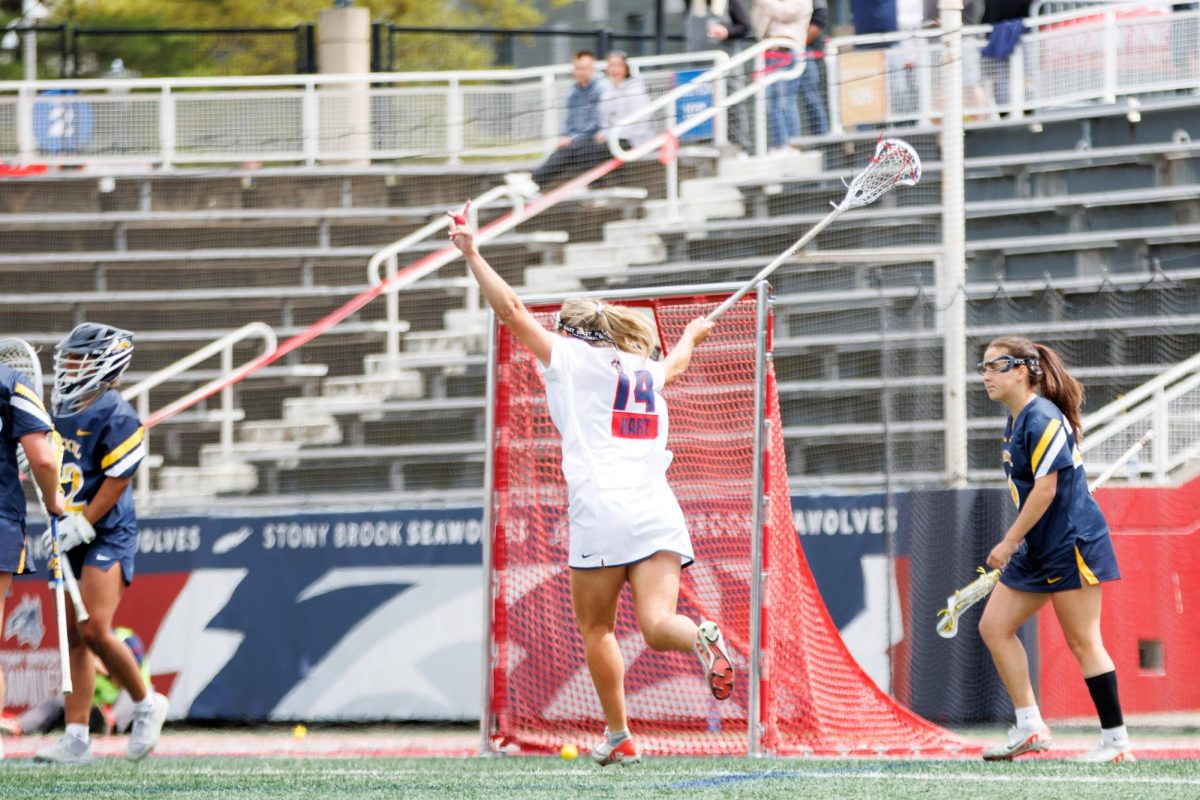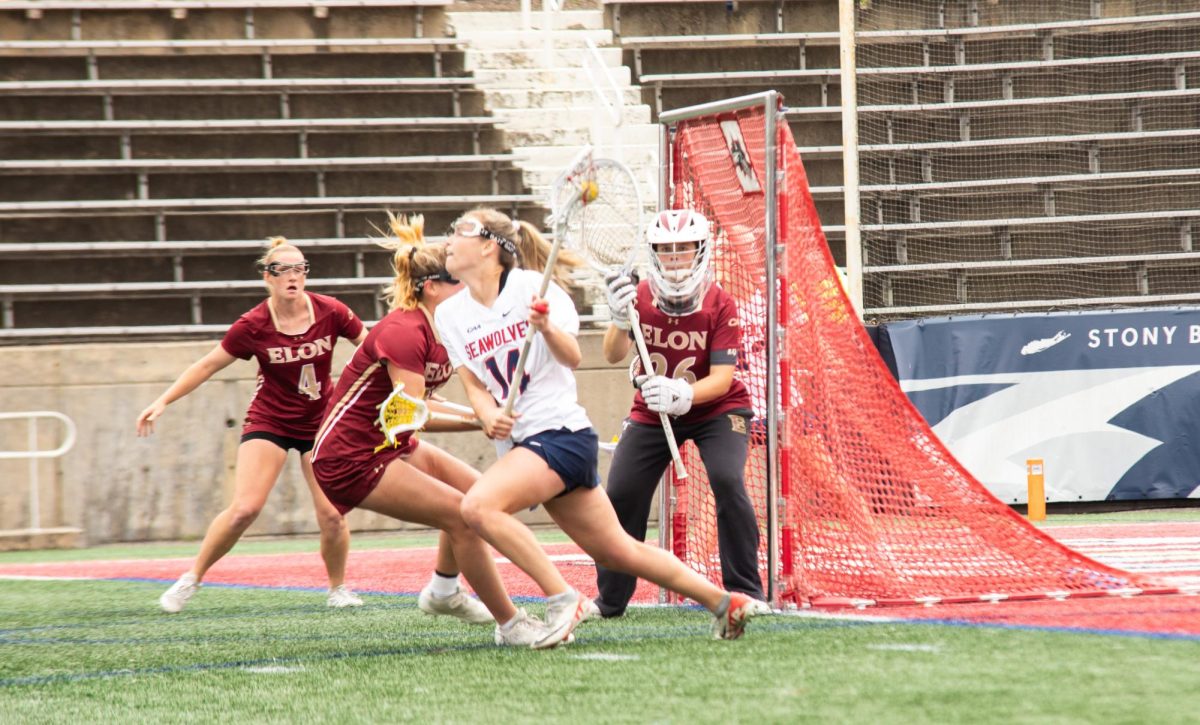Angelo Lambroschino was a college freshman like no other. While others slogged through a full course load, Lambroschino, 19, was a full-time student, a member of the bowling team and participant in two different internships all at the same time. A psychology major, his media arts minor led him to two internships with the college: one with SBU-TV, a 12-hour, three-credit internship, and a one-credit internship in arts management.
Now a sophomore at Stony Brook University, Lambroschino has an impressive repertoire of skills on his resume -arguably more than other students his age. And in a poor economy with an over-saturated labor market, having a wide skill set can be key to future job employment.
But can it? While some job recruiters see benefits in this kind of super multi-tasking, other recruiters favor quality over quantity. “I wouldn’t recommend taking two internships at the same time,” said Amy Rothstein, a campus recruiter at Lord and Taylor who manages a full-time internship program with the company. “You’re not getting a full experience at either.”
An intern who spends only two to three days at a company might not learn anything past clerical work at the company they work for, Rothstein said. “You won’t get big projects, working only two days a week. And it’s better to have meaningful work experience, rather than spreading yourself thin going after six different internships for your resume,” she said, noting that an intern who had another position with another office would not be considered for her program.
It’s a different story for Lauren Berger, the CEO of internqueen.com. She matches college students with internship programs throughout the country. Her brand, based on her holding 15 internships throughout her college career, labels her an expert on internships for that very reason. “I think someone doing multiple internships makes for better job candidates,” said Berger, who is also the author of “All Work, No Pay: Finding an Internship, Building Your Resume, Making Connections, and Gaining Job Experience.” “[Having multiple internships] makes students more well-rounded, and it teaches an individual skills they’ll need to have for their careers.”
“The quality of the internship depends on the student,” Berger said. “As a student, you can definitely have more than one opportunity [at a time], and be just as effective in both.”
Unpaid internships should not require more than 10 to 15 hours per week, she said, giving students time to try out other internships or work a part-time
job. “We atthe internqueen.com think of the students’ needs first,” Berger said. “They should be able to go to other internships, and get a great experience.”
But, Berger said, this doesn’t mean students should cram more than they can handle. “It’s not about getting as much internships as they can,” said Berger, who hires interns based on how much their resume matches the job description, not on the quantity of jobs on it. “I’d rather see them take their time to land the internship they want, rather than saying ‘I’d rather have a hundred different opportunities on my plate’.”
It’s not the preference of recruiters that keeps Lambroschino in two internships and multiple clubs though.
“It keeps me busy, and it keeps me having fun. Eventually it comes down to the resume, but that’s not what I’m looking at right now,” he said. Multiple internships and activities are also a good way to meet new people, which, he said, expands his job networks for future careers.
“Senior year I might move on to a bigger internship, but for now, I’m going to try out as much as I can,” Lambroschino said. “I’m only a sophomore. I don’t know what I want to do yet, but doing all this is a great way to find out.”












